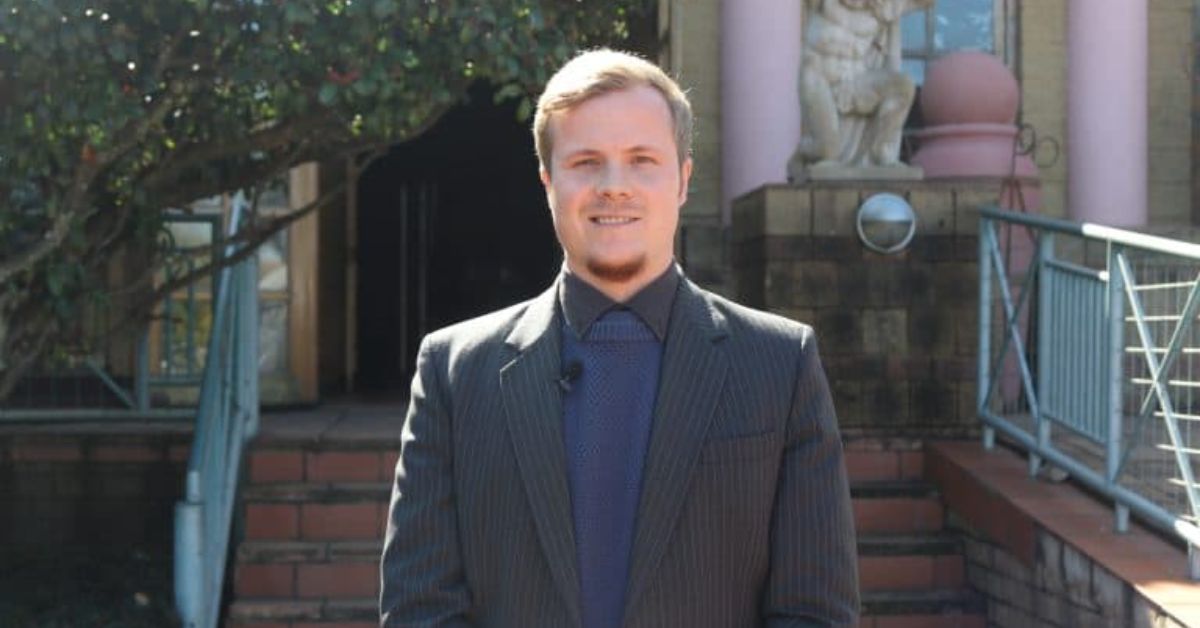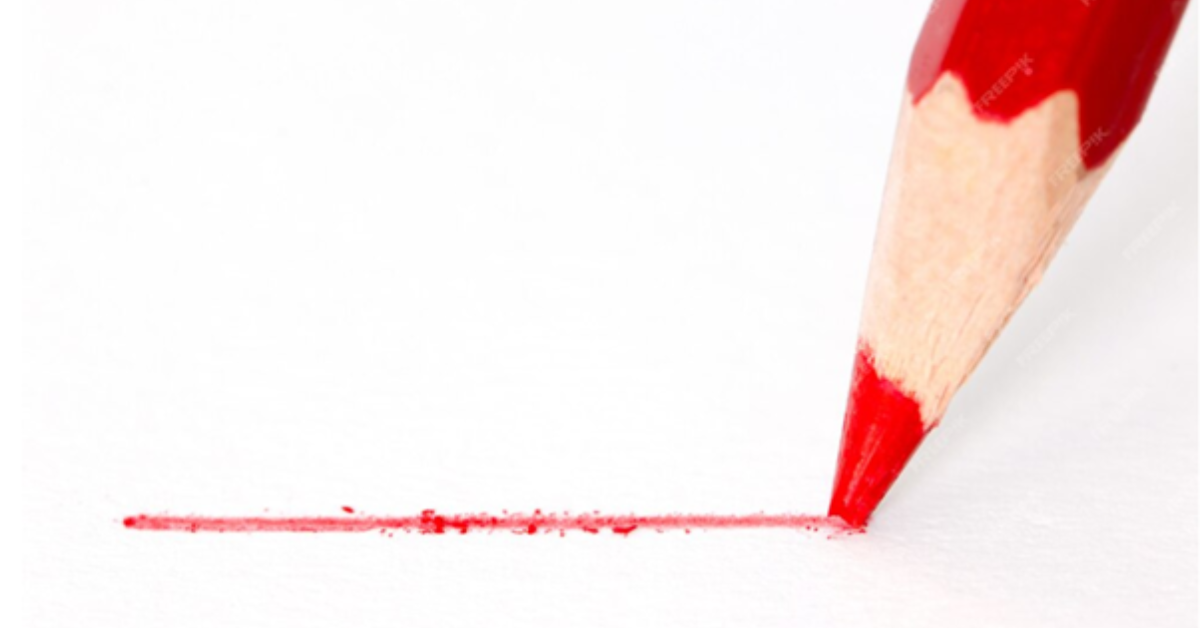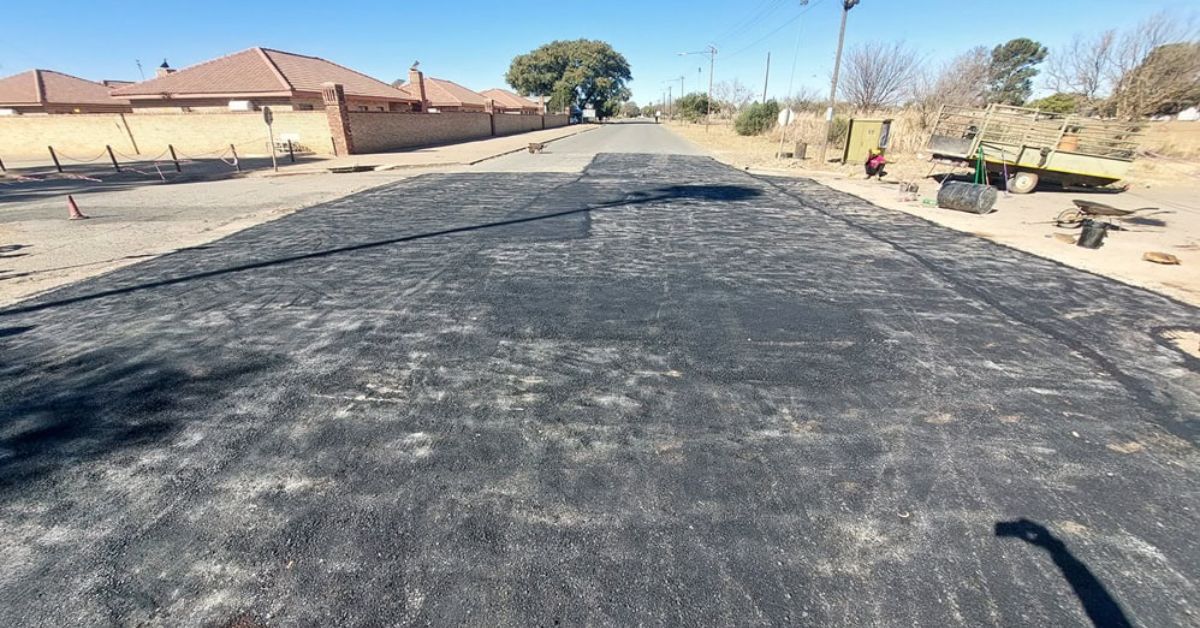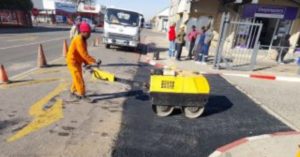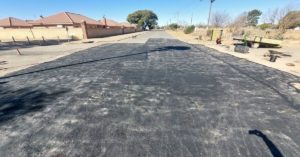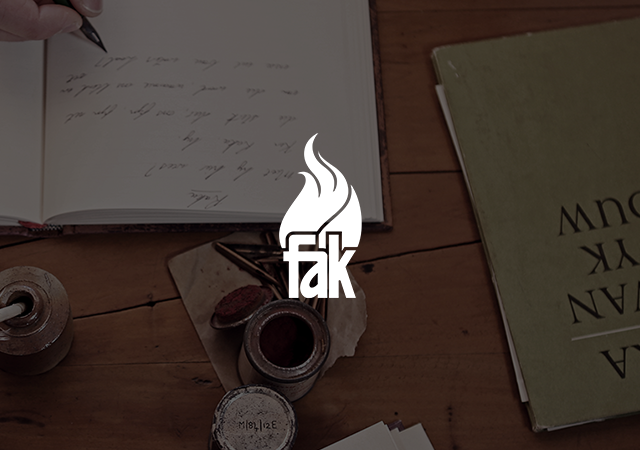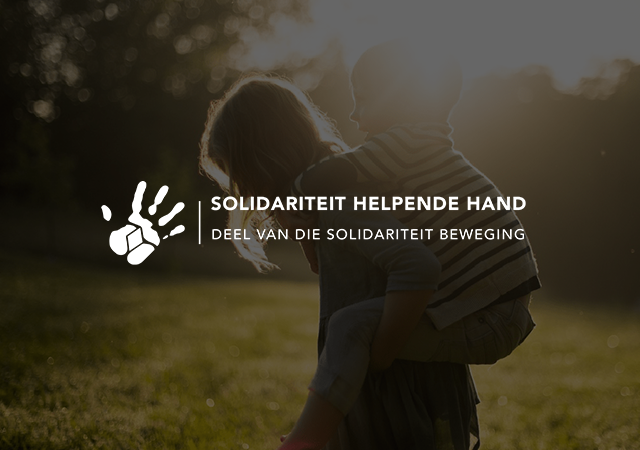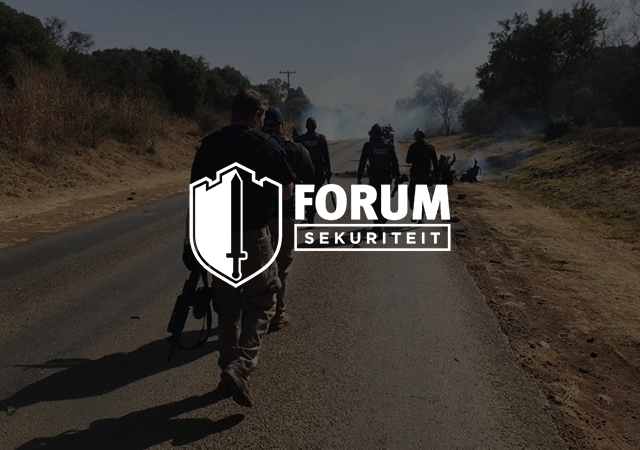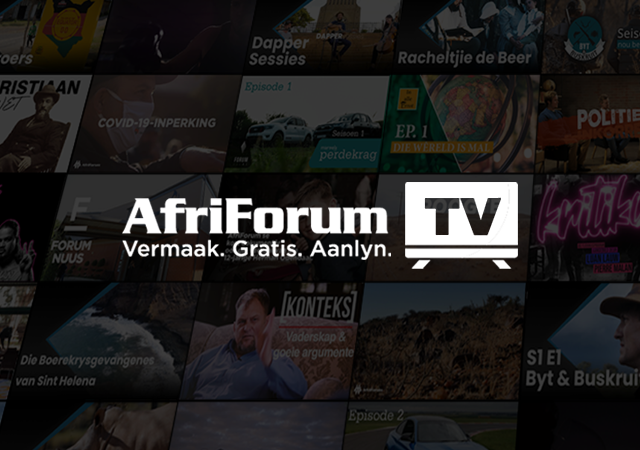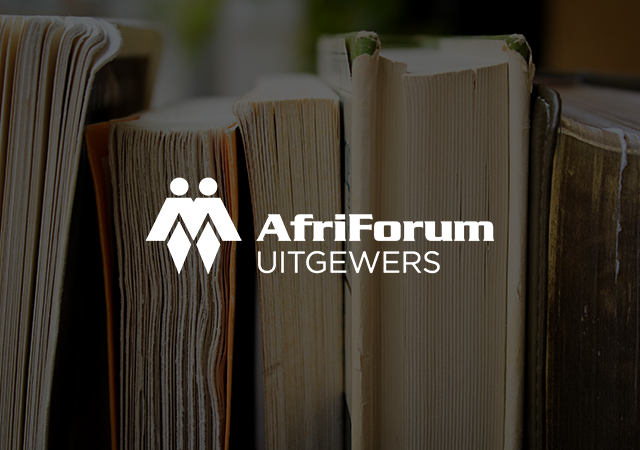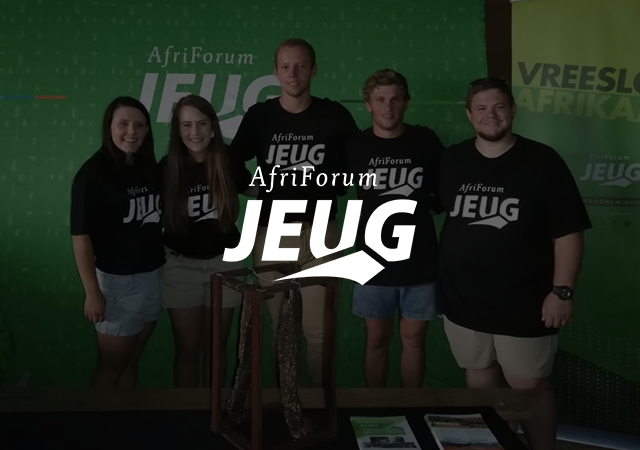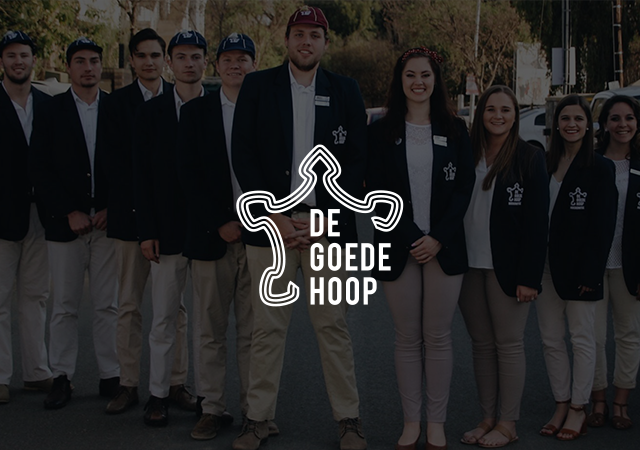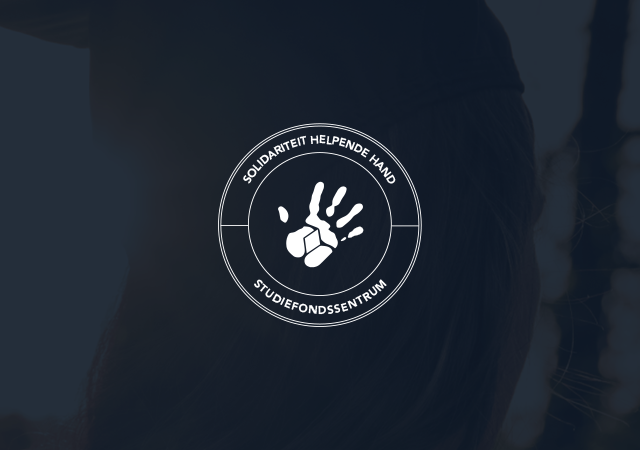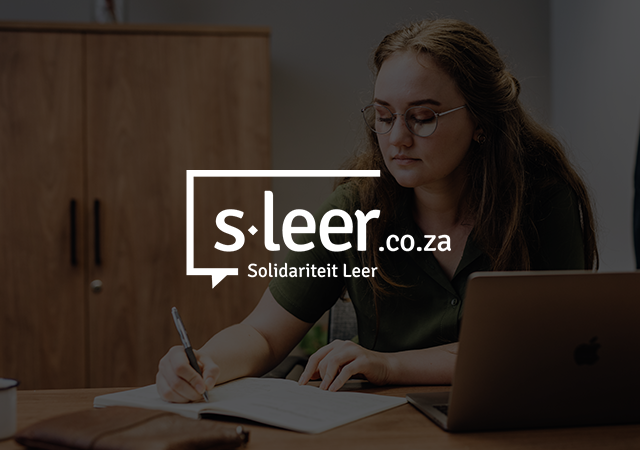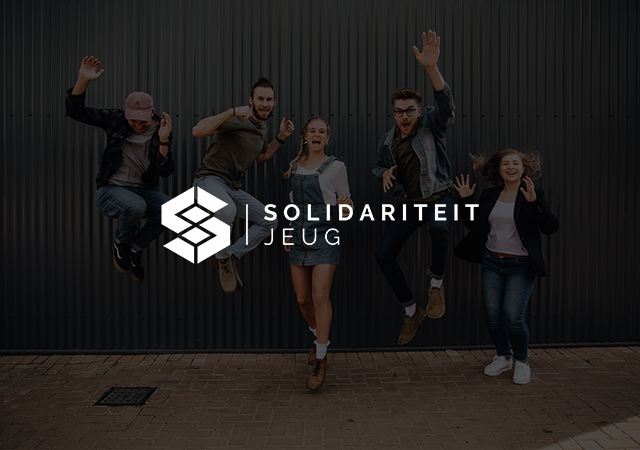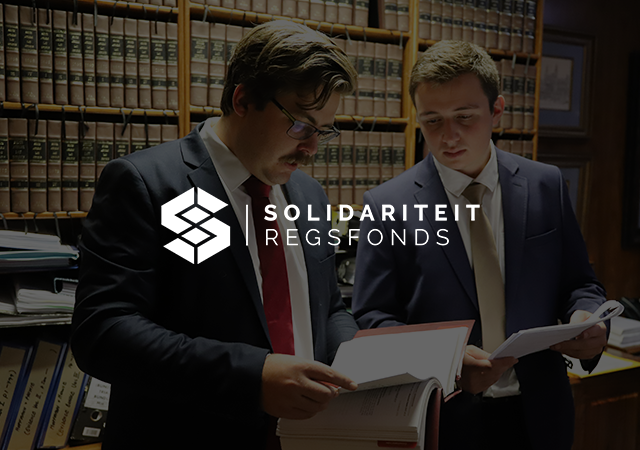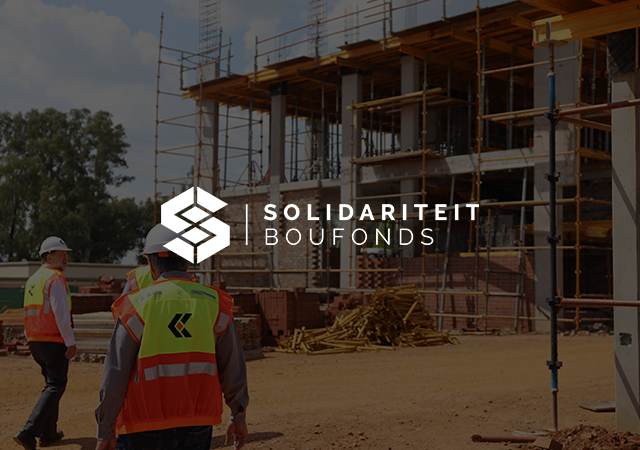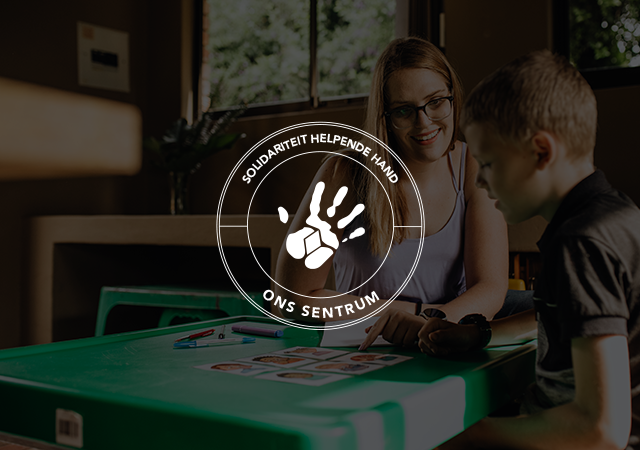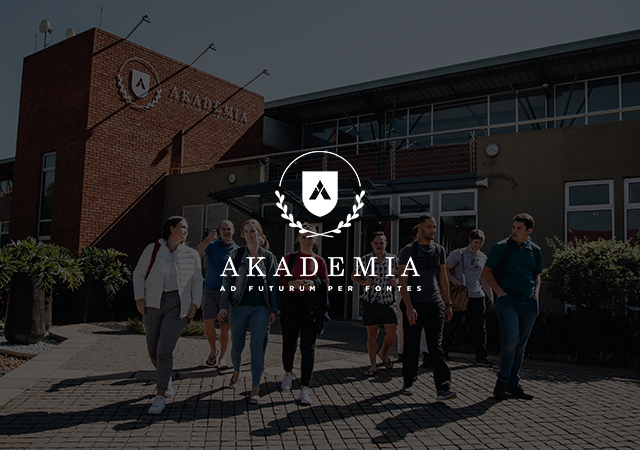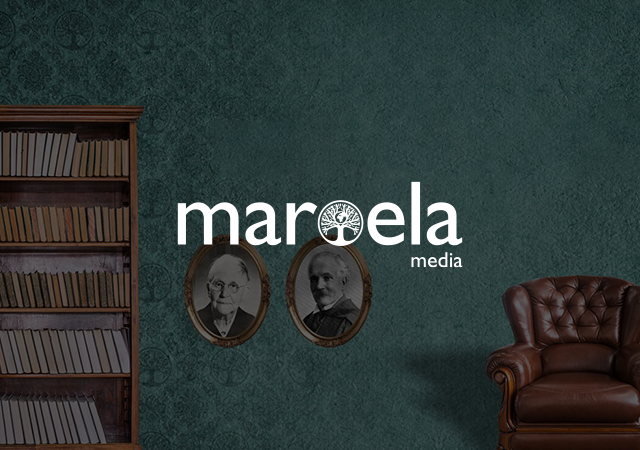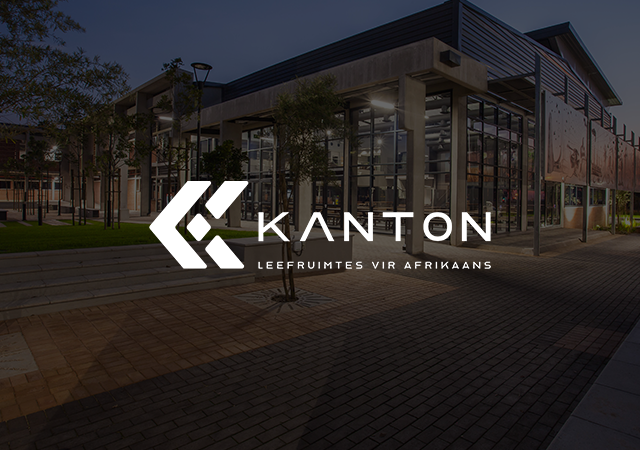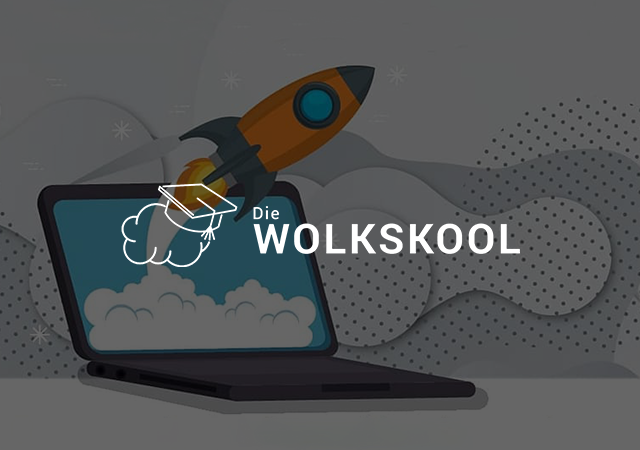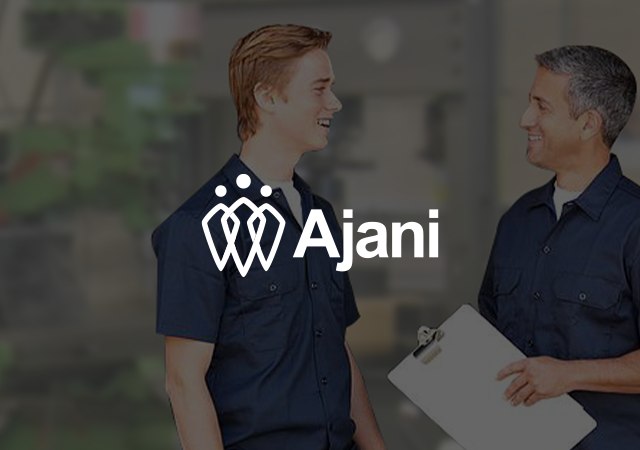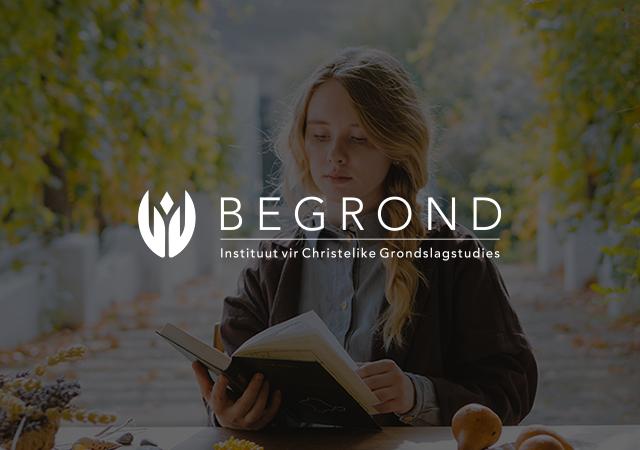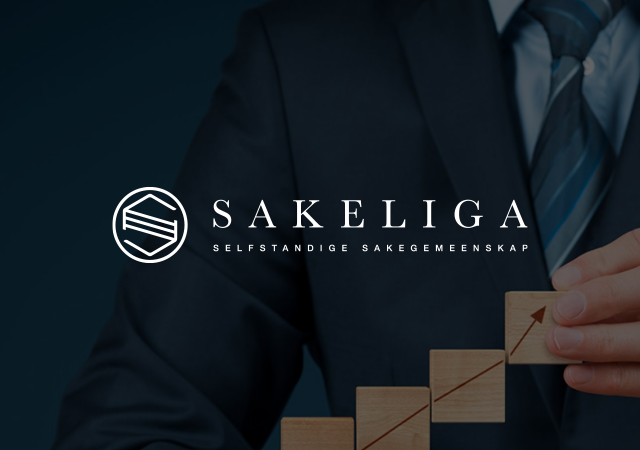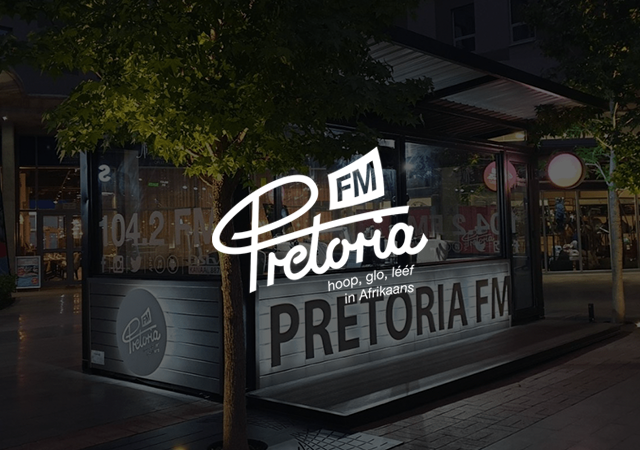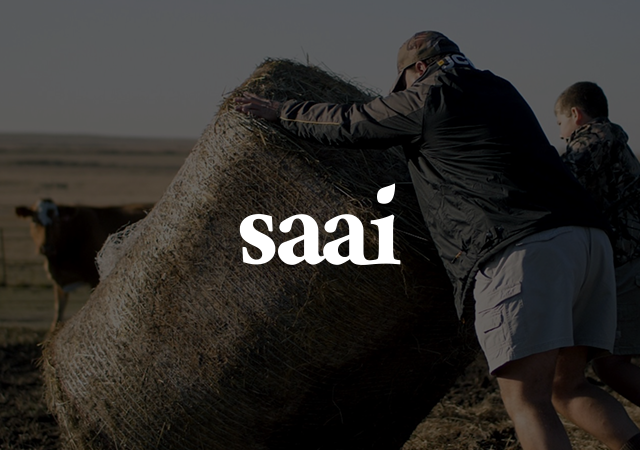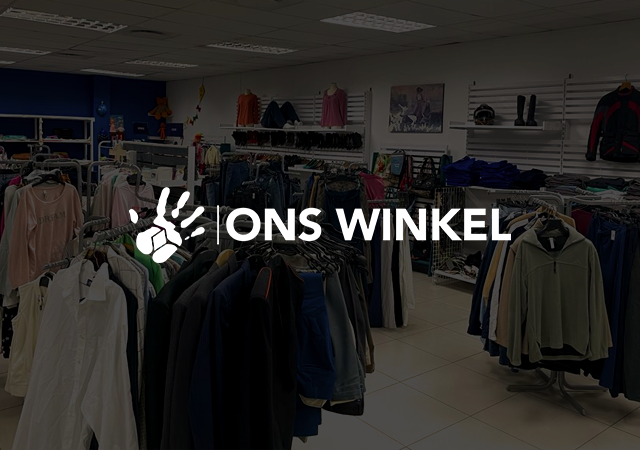South African parents draw a clear red line when it comes to their children. “It is my child, my language, my community, my school!” thousands of concerned parents declared as President Cyril Ramaphosa announced that he would sign the BELA (Basic Education Laws Amendment) Bill within 48 hours.
It is important to note that the South African school system is founded on public schools, rather than state-owned schools. These schools are partially funded by the government and offer education in languages, such as Afrikaans, English and other indigenous languages.
Public schools are funded in two ways. The majority of schools depend on the government for financial support, while others are supported by the community.
There is no denying that the government is failing the schools that depend solely on them for funding. Examples of how they fail these schools are, amongst other things, a lack of resources, overcrowded classrooms, and a lack of teachers. Sometimes learners even do not have desks to sit at in school. This contributes to and results in extremely poor performance among learners. The aforementioned does not even include major infrastructural problems experienced at these schools. For example, in 2024 several incidents had been reported where primary school learners had drowned in pit latrines because the schools do not have toilets.
The government seemingly encourages schools to function with the support of the community. At these community-supported schools, the school’s governing body decides on the school’s admission and language policies, and the values that are taught at the school. The governing body usually consists of parents and community members. The learners’ performance in these schools is usually high because the governing body and community values mother-tongue education which is embodied in the school’s language policies.
Single-medium Afrikaans schools are amongst these schools that show exceptional performance by learners. Many Afrikaans schools benefit from active parental and community involvement, which fosters a supportive learning environment. There is an emphasis on Afrikaans culture and heritage, creating a sense of belonging and motivation for students.
Instruction in Afrikaans allows students to develop strong language skills, which can enhance their overall academic performance. Most Afrikaans schools prioritise a rigorous academic curriculum, emphasising critical thinking and problem-solving skills. A strong sense of discipline and values is instilled, which contributes to a positive and disciplined school culture.
Some schools maintain lower student-teacher ratios, allowing for more individualised attention and support. A variety of extracurricular activities, including sports and arts, help develop well-rounded students.
With BELA, the government wishes to transform the 5% of these well-structured, community-supported schools to become part of the 80% dysfunctional government-supported schools.
The BELA Act might be the government of national unity’s (GNU) first test. It will affect the trust between the different political parties, but more importantly the trust of the Afrikaans community in the GNU to also protect the minorities’ needs.
What is the BELA Act?
BELA is simply an amendment to the South African Schools Act (SASA) (No. 84 of 1996) and the Educators Employment Act (No. 76 of 1998).
The purpose of the amendment is to bring equality to the school system and to change the wording to better suit the South Africa of 2024.
To be clear, the entire BELA is not malicious. Some laws surely need amendment to improve the school system and close the gaps to ensure that all children receive their right to education. However, the act in its totality is flawed. Here are some of the sections in BELA that are controversial (sourced from News24):
- Making Grade R the new compulsory level to start school: The provision of Grade R is currently not part of the mandatory basic education mandate, and it is managed within the broader context of early childhood development as regulated by the Education White Paper 5 of 2021. Grade R would be expanded to 7 888 schools where it is not yet offered.
- Criminalising parents who don’t ensure their children go to school: BELA addresses this matter by threatening parents with possible imprisonment. BELA also adds that anyone who prevents or intentionally disturbs school activities is guilty of violating the law and is punishable by a prison sentence of a maximum of 12 months.
- Homeschooling: The amendment provides that the Head of the department may when considering an application, require a delegated official to conduct a pre-registration site visit. It also provides that the Minister of Basic Education may institute regulations relating to the registration and administration of home education. The Department said the amendment to homeschooling acknowledges the fact that some parents do not feel comfortable sending their children to public schools.
- Language policy: This section seeks to amend section 6 of the SASA Act to provide for the governing body to submit the language policy of a public school and any amendment thereof to the Head of the Education Department for approval. The language policy must also consider the language needs of the broader community.
- Sale of alcohol on school premises: This section deals with matters about the possession, consumption, or sale of liquor during any private function held on the school premises.
- Religion: BELA stipulates that schools’ code of conduct be sensitive to cultural beliefs and religious observances. The code of conduct must also contain a section which allows pupils to request an exemption from complying with certain parts of the code of conduct.
- Corporal punishment: BELA reaffirms that corporal punishment is no longer allowed at schools. It proposes that a person who carries out corporal punishment pay a fine or be sentenced to prison.
Concerns about the Language Policy in the Act
The Language Policy in the Act disempowers schools from choosing their language of instruction. Read between the lines, this section aims to exploit and target single-language and mother-tongue education schools to change their language policies.
Some Afrikaans schools in Pretoria have already been threatened by the provisions in this section should this section be implemented. Afrikaans schools are high-performing schools and achieve excellent results each year, mainly because of the quality of teaching received in learners’ mother tongue.
Changing these schools’ main language of instruction to English puts the learners at a disadvantage and denies them the opportunity to learn and perform in their mother tongue. Afrikaans schools are also at the centre of the Afrikaans culture where teachers can freely teach and realise the values of the community.
The mother tongue argument is not just about Afrikaans or language in general; it is about protecting traditional and cultural language communities throughout South Africa. The government does not value mother tongue education and disregards it.
“We regard the signing of this Bill into an Act as an act of aggression towards and a breach of the relationship of trust with the Afrikaans community. The signing undermines the spirit of unity of the national government,” said Dirk Hermann, Chief Executive of Solidarity at the time of the signing of the Bill.
Various institutions associated with the Solidarity Movement and other stakeholders put considerable pressure on the President to refrain from signing the Bill. As a result, the President has chosen to postpone the enactment of the sections dealing with language policy and school admission in the Act pending further negotiation. In the meantime, institutions like Solidarity and AfriForum are preparing for legal action, mass protests and negotiations with key role players.
Implications of these sections of the Act are to be implemented
According to the section on Language Policy, a public school should adjust the language to serve the broader public represented in an area. If this is the criteria, there is no region where Afrikaans or any other language will outweigh the English-speaking community in numbers.
This will mean the end of all single-medium public schools and mother-tongue education. This also has an enormous impact on the job stability of educators.
Should parents wish to teach their children in Afrikaans or a different language, they would have to pay expensive amounts to send their children to private schools, which few parents can afford.
The new provision of homeschooling in the Act will also make it difficult for parents and educators to decide upon the curriculum they wish to follow.
What is the way forward?
Before a Bill or an Act is signed in South Africa, the public has the opportunity to submit written comments or feedback that should be considered in the law-making process. In the case of the BELA Bill, the analysis of the Portfolio Committee on Basic Education of the public comments received showed that only 1,4% were positive towards the Bill. Thus, the President signed a Bill that suits only 1,4% of the public.
The Minister of Basic Education boycotted the signing ceremony of the Bill to show her opposition to the Bill. The government can expect mass resistance and protests from inside and outside the GNU until a final decision future announcement is made.
The outcome of the differences on BELA will be the first real test for the GNU. Should President Cyril Ramaphosa enact all the sections of the Bill, the Solidarity Movement will continue its battle against it in court. There is still hope regardless of the outcome of the current process.
The Afrikaans community has shown its power and resilience in standing together and supporting each other through its application of self-governance. Plans to open a private Afrikaans primary school in Pretoria are already being put into action. In 2028 the new campus of Akademia, an Afrikaans tertiary education institution, will also open its doors. No Act or signature can keep us from speaking our language and realising our culture freely in the country of our birth.
The Solidary Movement’s focus is to fight for a space where Afrikaners can live freely, safely and prosperously at the southernmost tip of Africa.
